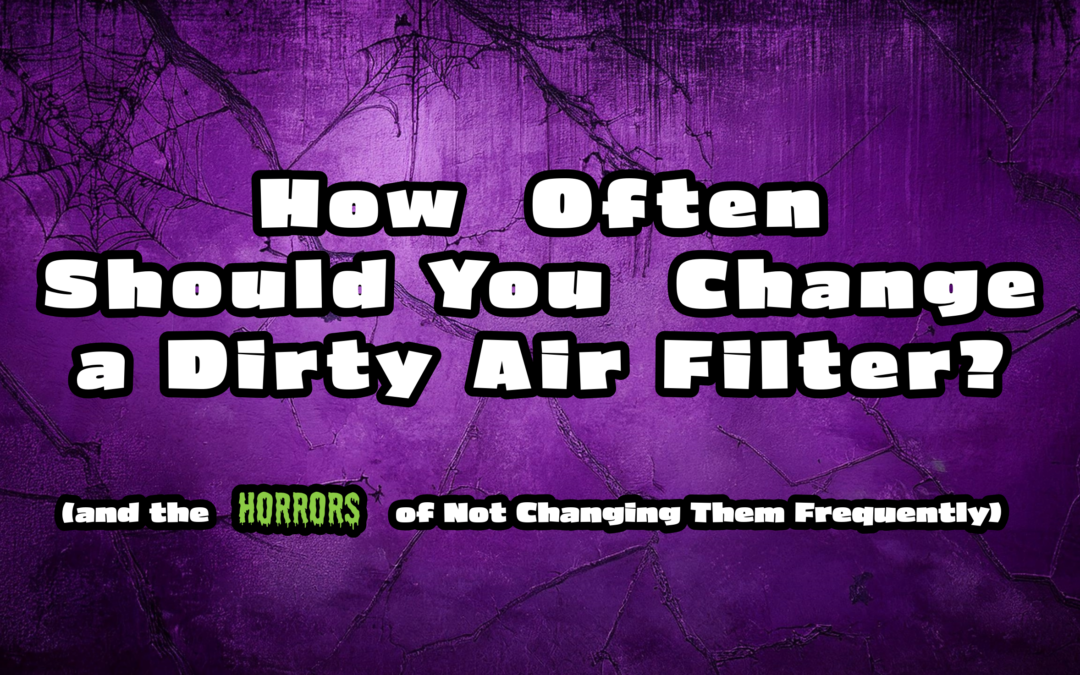HVAC is an acronym for heating, ventilation, and air conditioning. Did you know there are a variety of HVAC system types? Or what the manufacture date can mean for your HVAC system? When thinking about your current HVAC system, these are just a couple of basic questions you should focus your attention on. Nevertheless, if you’re intrigued and would like to better comprehend these questions, New Albany Heating & Cooling has the answers! So let’s direct our minds to what is happening with your home’s HVAC system.
What Are the Basic Types of HVAC Systems?
There are four primary types of HVAC systems: hybrid systems, split systems, duct-free systems, and packaged heating and air systems. Individually, these HVAC units have pros and cons and understanding each of these factors can help narrow down the most suitable system for your home’s needs.
- Hybrid Systems: A cost-effective choice, a hybrid system, aka a dual-fuel system, allows you to select between the utilization of a heat pump or a gas furnace. A heat pump is an electric-powered alternative, while a furnace employs propane or natural gas to operate. Hybrid systems are beneficial in their long-term savings by remarkably reducing your monthly energy costs.
- Split Systems: A split system is an HVAC system with outdoor and indoor units linked via copper tubing. A split system air conditioner disperses cool air with accuracy while also helping to keep energy expenses down. It is a remarkable appliance for homes or enclosures that can’t efficiently use window units.
- Duct-Free Systems: Ductless heat pump or air conditioner generally incorporates a wall-mounted indoor unit and an outside compressor. Unlike window units, ductless units need only a tiny hole in the wall, making them less vulnerable to air leakage and safety concerns. Furthermore, they’re not as quickly visible or audibly detectable while simultaneously being quite energy-efficient! Standard HVAC compressors shut off altogether, wasting a lot of energy amongst start-ups. Ductless models are preferable because they speed up and slow down based on what the system needs.
- Packaged HVAC Systems: A packaged HVAC unit comprises everything associated with a central air system into a single unit established outside the home. Thus, if your home lacks indoor space or underground storage, then a packaged HVAC may be the ideal unit for your home.
How Old is Your HVAC System?
Generally speaking, you can look for your HVAC system’s manufacture date on its nameplate. To find the nameplate, look to the outer cabinet of the air conditioning system. A metal plate should be fastened to it, typically settled to the backside of the cabinet, possessing the system’s technical descriptions. Once you uncover the nameplate, it’s time to ask yourself, “Should I exchange my current system?” The average life expectancy for a refrigerant-based air conditioner is between 10 to 15 years, with most warranties only protecting your system for 10 to 12 years. Replacement becomes the most cost-effective option once an A/C exists beyond ten years. If your A/C survives long enough for its 15th “birthday,” it is time to begin seeking replacements!
If you are still uncertain about what system your home is utilizing or how long your system has been around, call New Albany Heating & Cooling today at (614) 636-5002, or schedule an appointment online now by clicking here! We will happily evaluate your system and offer advice on how and when it’s time to make a change. Our experts look forward to supporting you along the path to finding the choice that best serves your heating and cooling demands.






